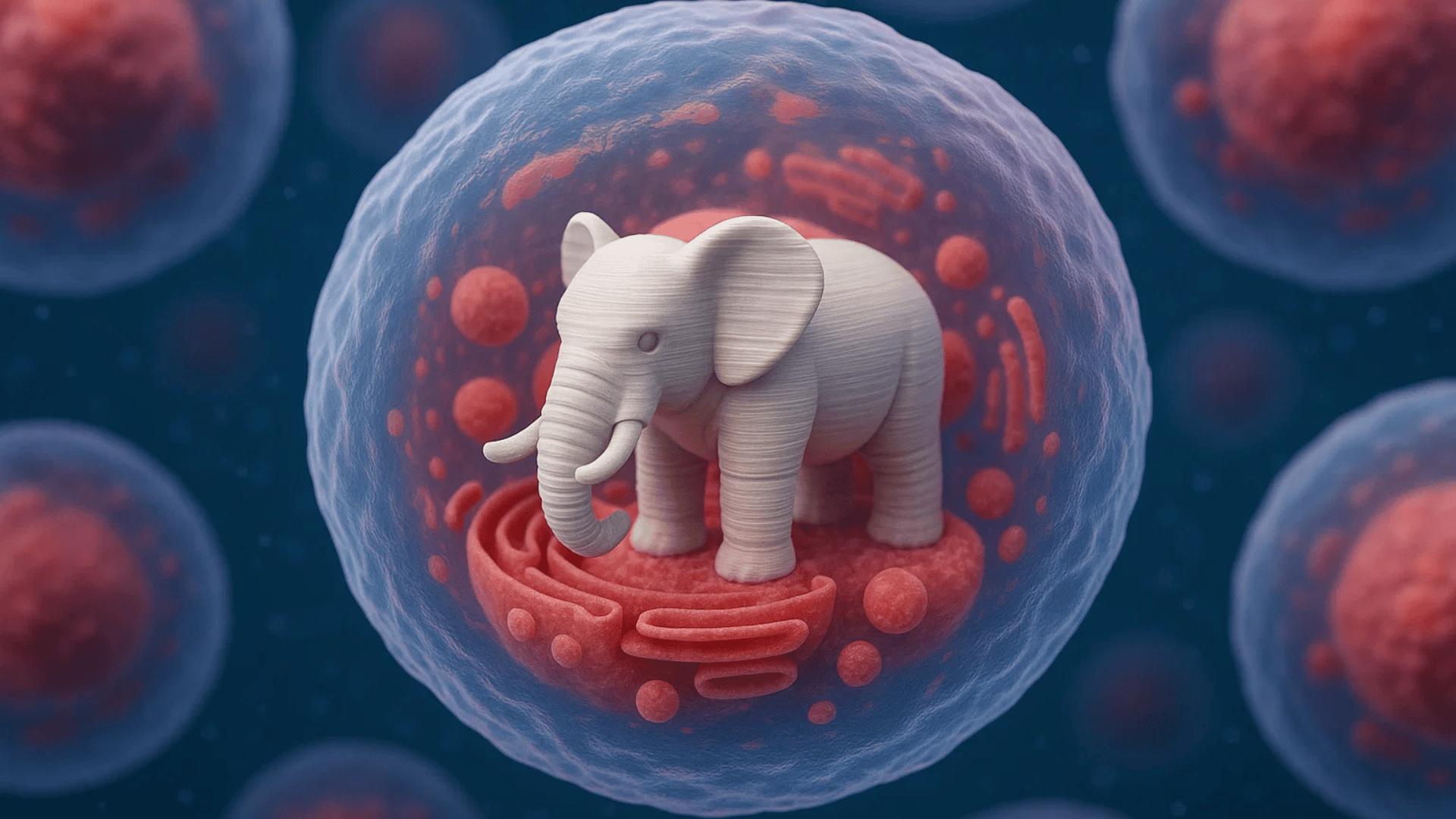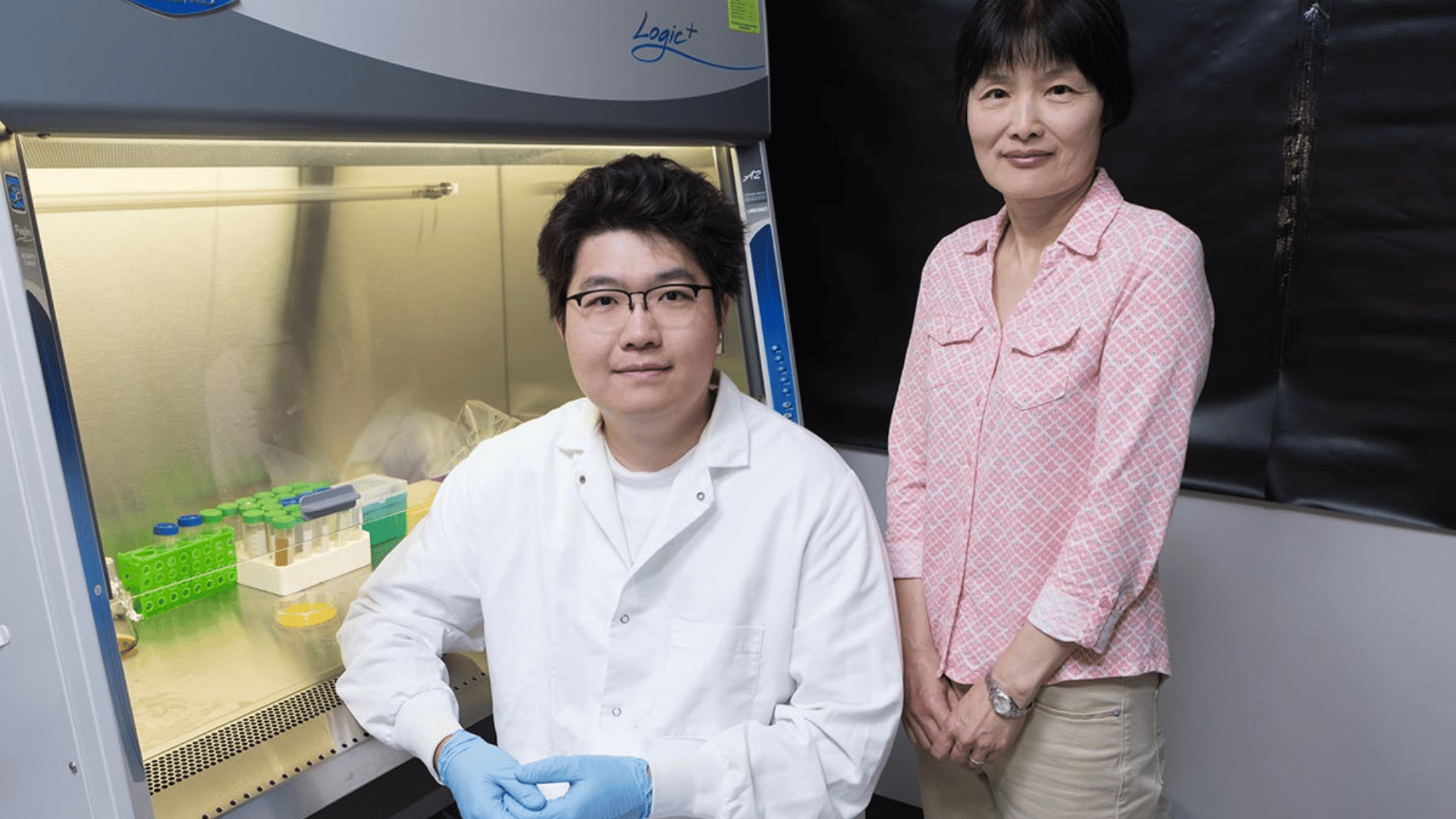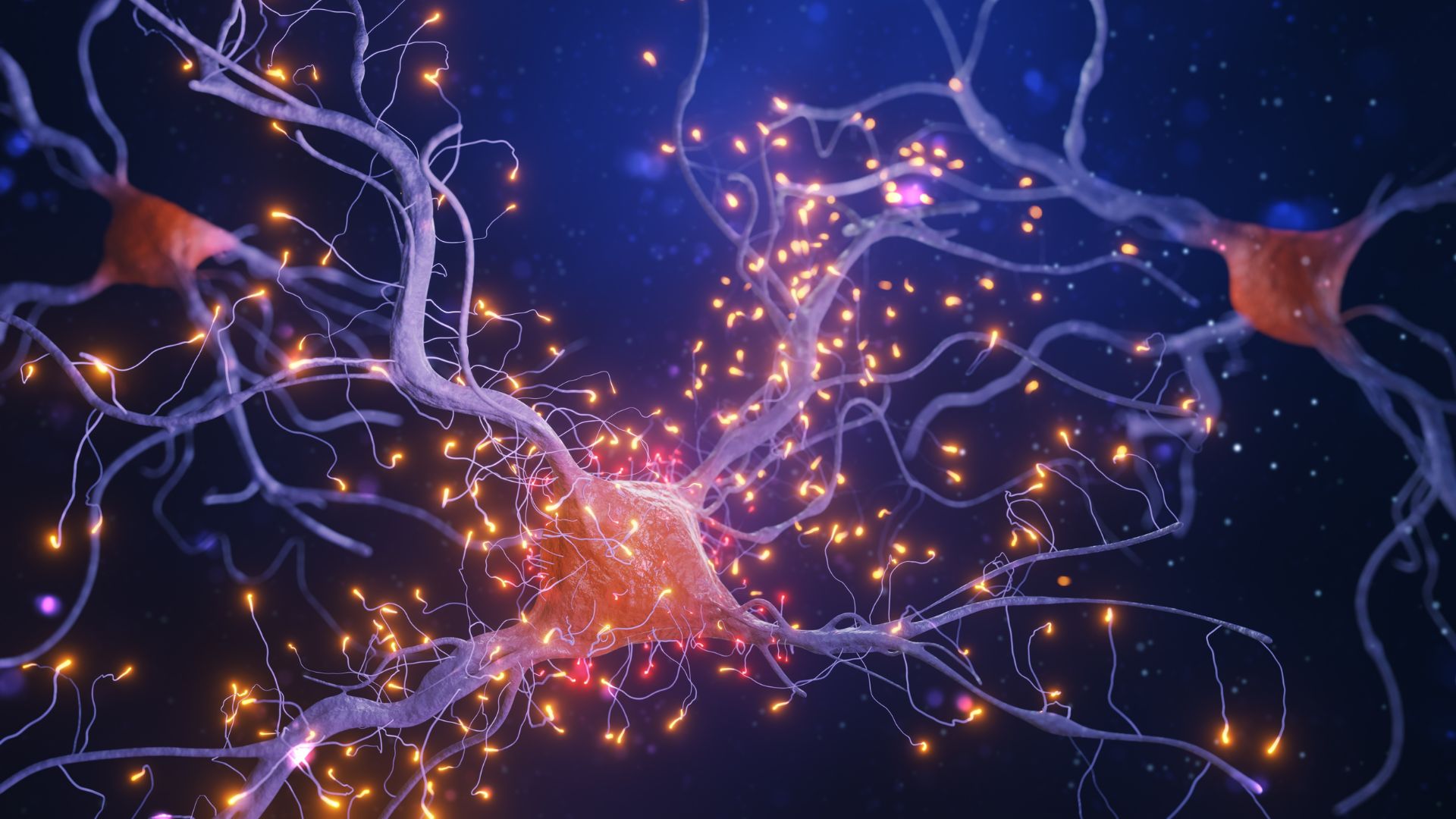The conversation around AI often focuses on a lack of humanity, but what if AI could help humans improve themselves?
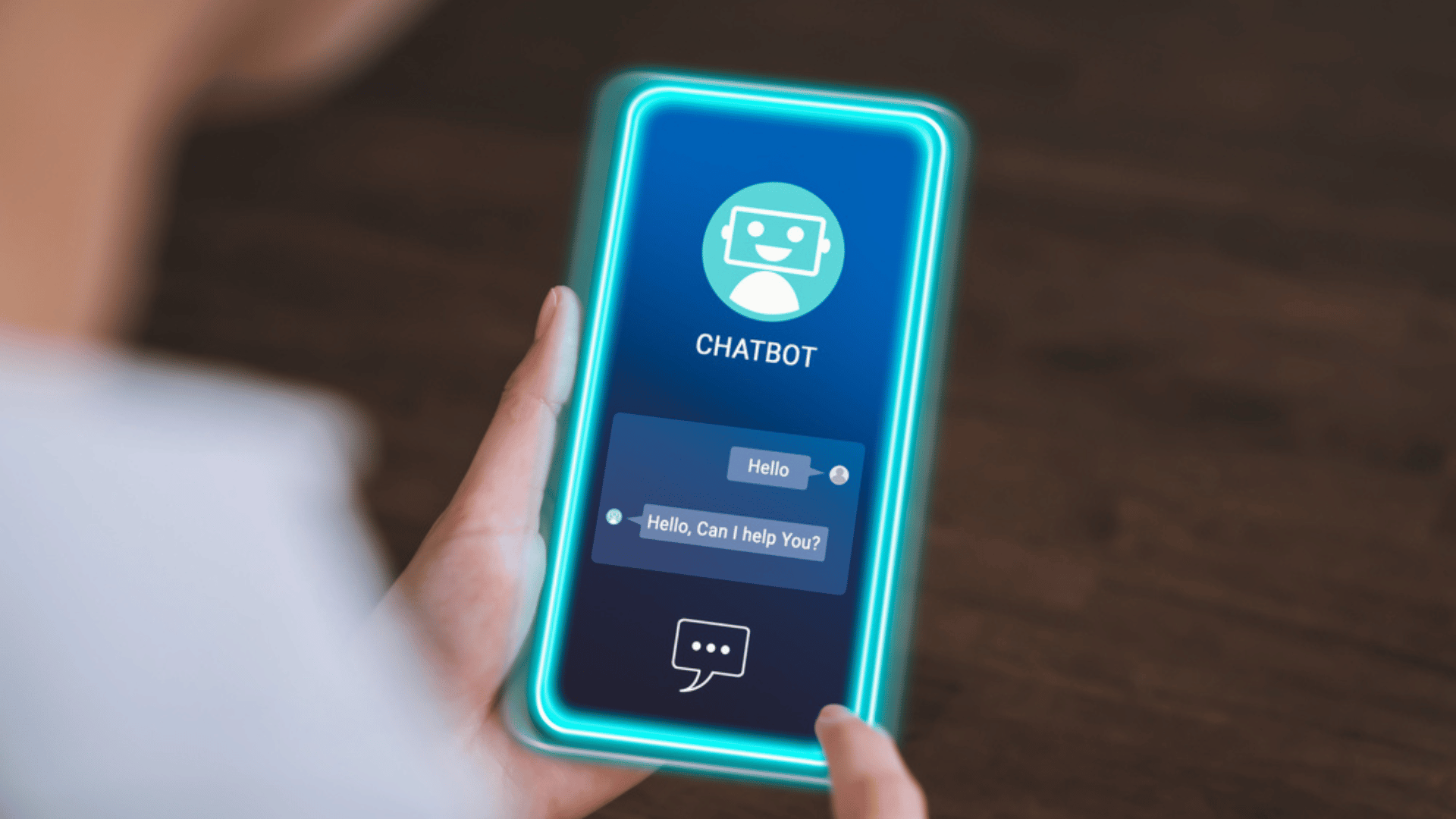
Every aspect of human health is dependent on five foundational daily behaviors: food, sleep, movement, stress management, and connection. Though much of the focus of AI in healthcare has been on its work with drug development, many aspects of maintaining health happen at home.
Though behavior changes are difficult, research has shown that they are possible when tackled in small, incremental, daily changes that culminate in healthier habits.
Volpp and Camplin-Warner pose the key question in their paper: “We should always be asking: Is there a way to make the healthy choice the path of least resistance and more automatic?”
In theory, a hyper-personalized AI coach could have a big impact on our ability to develop healthier daily habits. This type of software could be very effective as it would have access to our biometric, lab, and medical data.
The software could have access to other personal details such as which types of foods we like for personalized recipes, our favorite forms of exercise, times we’re more likely to be active, which friends and family members are most encouraging of healthy habits, and customized methods for reducing stress.
In addition to learning your personal preferences, this type of coach would be trained on peer-reviewed behavior change science. This means that it would not only be capable of learning what we like, it would also be able to learn how we learn best.
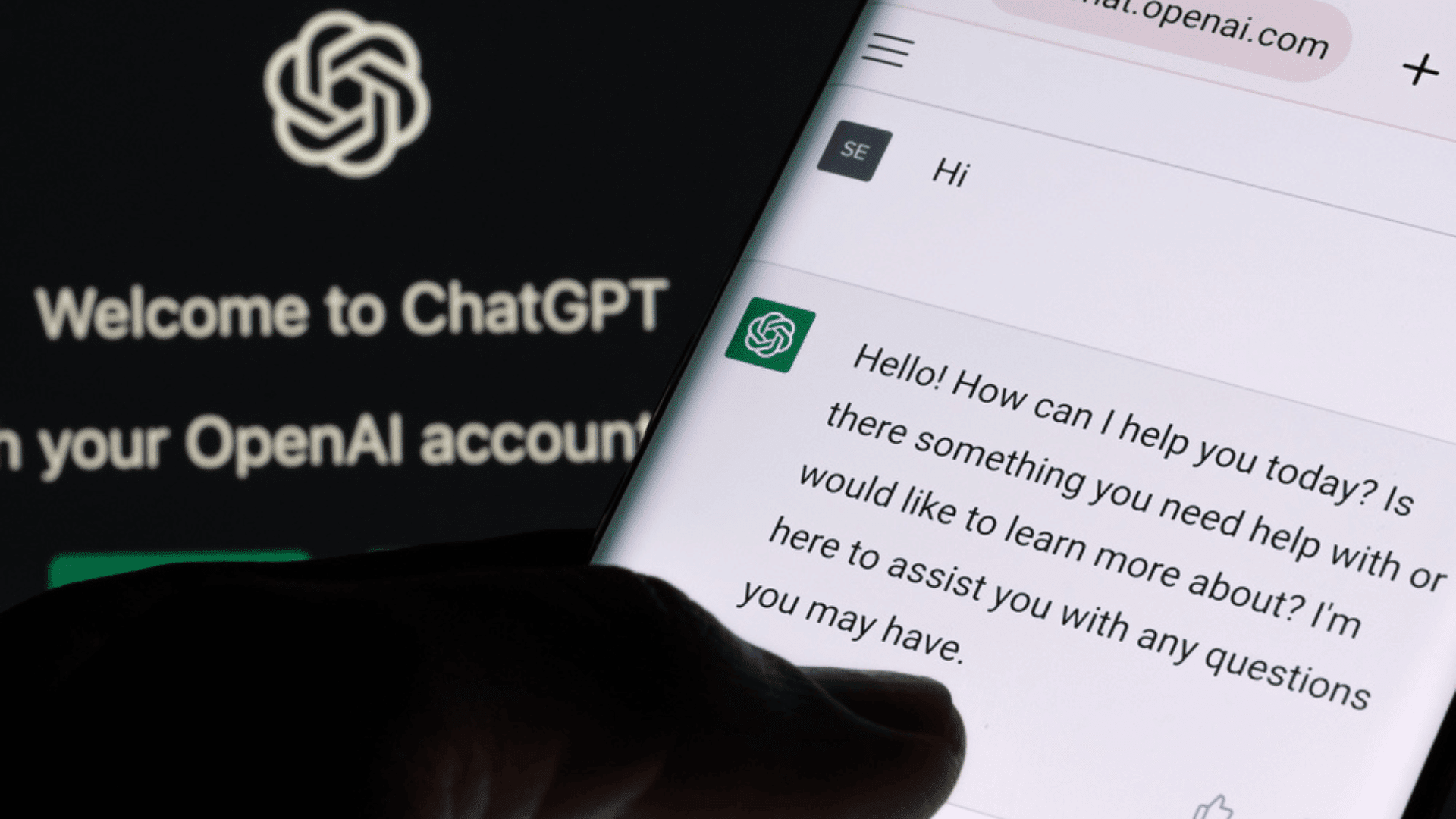
Explore Tomorrow's World from your inbox
Get the latest science, technology, and sustainability content delivered to your inbox.
I understand that by providing my email address, I agree to receive emails from Tomorrow's World Today. I understand that I may opt out of receiving such communications at any time.
AI also has the potential to develop the capability of enriching our inner lives as well. It’s an abstract idea, but if the software can learn what types of music, poetry, sacred texts, nature, etc. inspire us, it could allow us to access them more readily and this could serve as a pathway to allowing humans to feel more centered.
Anderson stated how, when we’re tired and depleted, we’re more likely to choose unhealthy options like doomscrolling or scrolling through our feeds, which aren’t going to ultimately make us happy. But by giving us hyper-personalized support to adopt healthier behaviors—including real-time nudges to sleep, move, eat healthier, reduce stress, and connect with others—AI could help us make different and better choices regarding how we spend our time.
“What I hope with AI is that it serves our individual will and that we can explain what we want in our best moments. When we’re not tired, when we’re not distracted, when we’re not enjoying those dopamine hits of scrolling or whatever and say, this is what I want you to help me with. This is what I want myself to be.” Altman stated.





